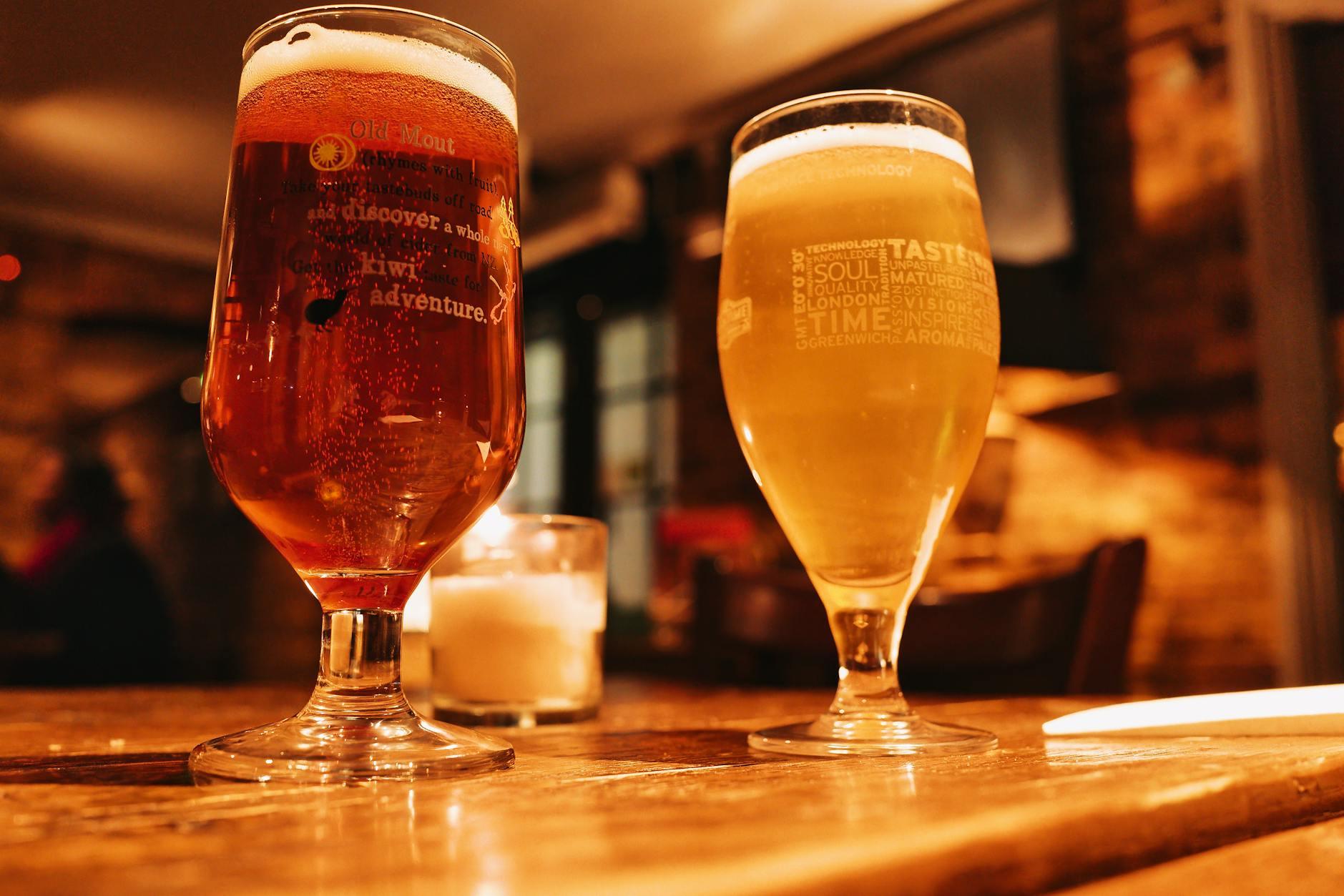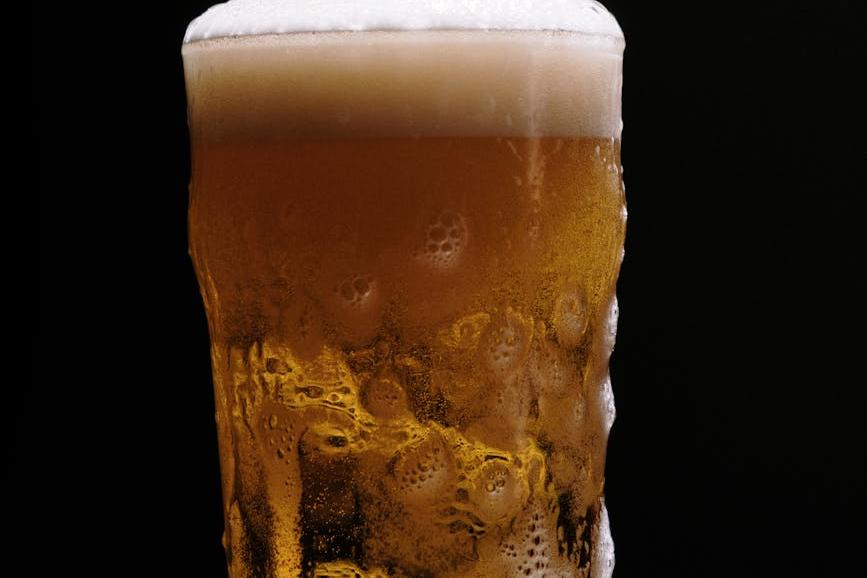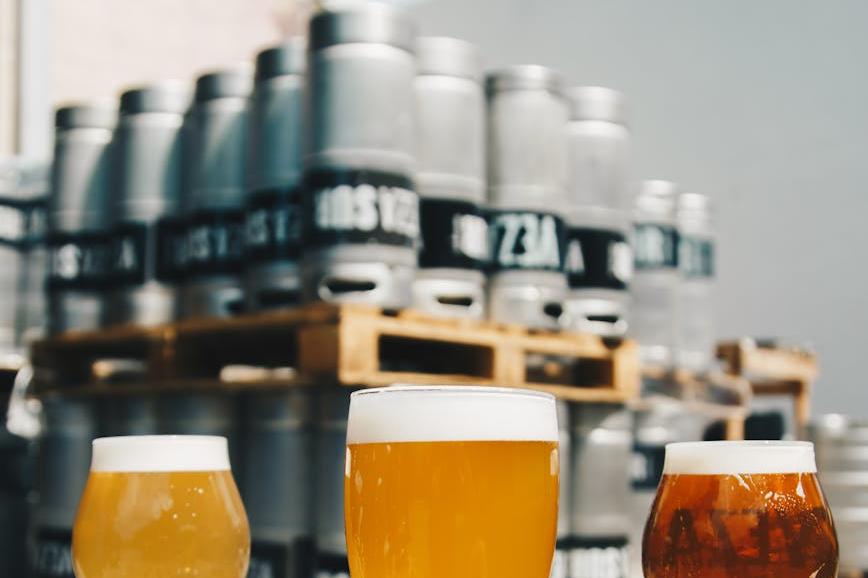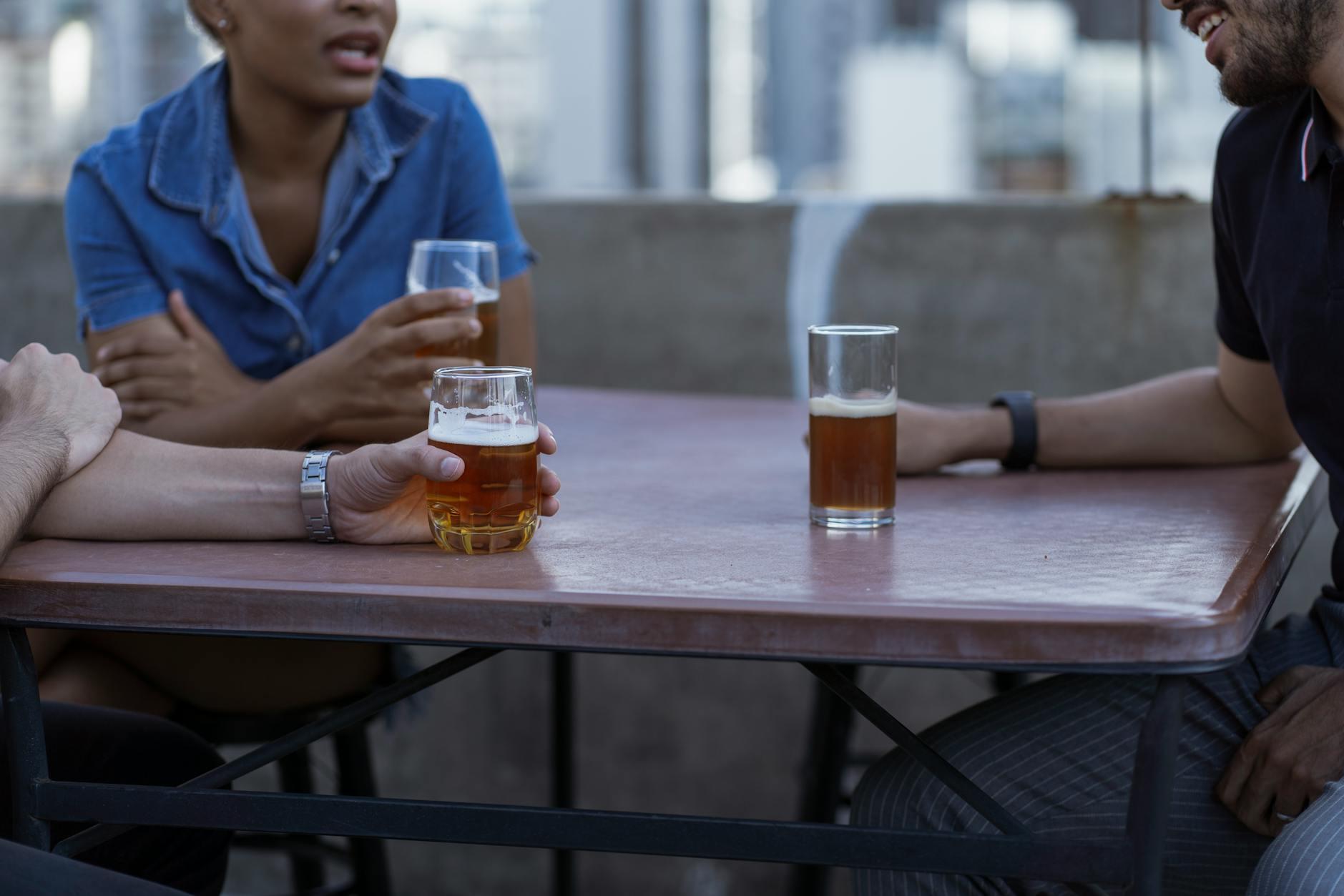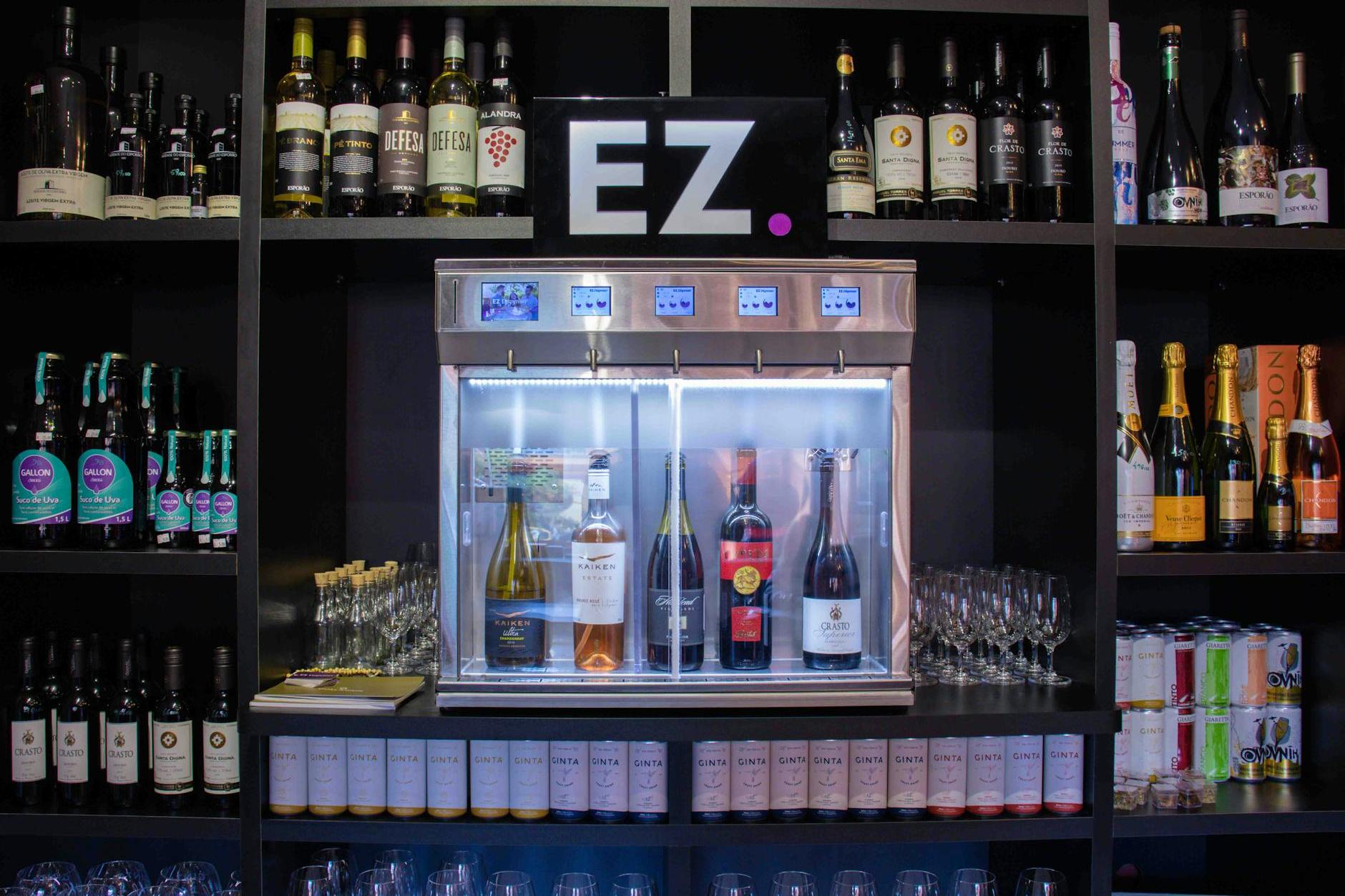- Shanghai Zhongshen International Trade Co., Ltd. - Two decades of trade agency expertise.
- Service Hotline: 139 1787 2118
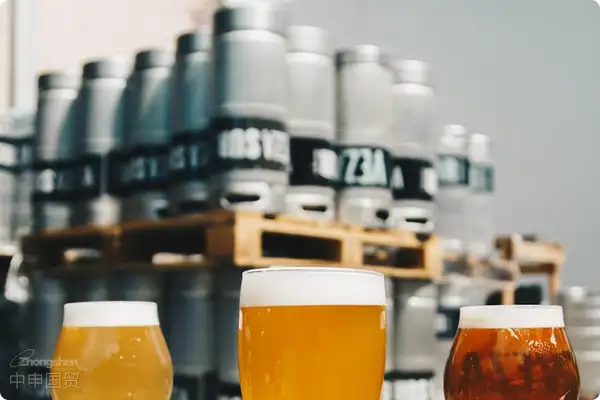
Contents
ToggleThe "Bubble" and Truth of the Beer Import Market
As a seasoned veteran who has witnessed the customs clearance of hundreds of beer containers,foreign tradeLadies and gentlemen, I must remind you all: this industry appears to be covered in dense foam on the surface, but beneath it lie hidden reefs. The latest customs data for 2025 shows that among the rejected shipments in the beer category,68% stems from missing foundational documents., and these can be entirely avoided through professional preparation.
The Four Movements of Imported Beer Customs Clearance
- Access pre-judgment:
- German beer requires a VLB test report.
- Belgian products must be accompanied by a COA (Certificate of Analysis) composition table.
- Japanese sake is subject to a different regulatory system from beer.
- AAA - level credit enterprises of the customs declaration association
- Food Business License (Distribution Sector)
- Imported food filing (30 working days in advance)
- Liquor Monopoly License (required in some provinces)
- Customs clearance practical operations:
- Alcohol concentration determines the tariff code (difference between 2203.00 and 2206.00).
- The maltose content measurement error must be controlled within ±0.5%.
- The Chinese back label must include the barcode of the country of origin.
- Warehousing and Logistics:
- The temperature records of the constant temperature warehouse must be completely preserved.
- Special Clauses for Light Avoidance and Shock Prevention During Transportation
- Special regulatory requirements for bonded zone repackaging
Those Years When We Stepped on "Broken Glass"
Last year, a certain client imported Czech craft beer with all documents in order, yet the shipment was rejected, and the reason turned out to beThe embossed design on the wine bottle involves religious symbols.. Such cultural compliance issues are often more fatal than technical standards.
| Issue types | Probability of occurrence in 2025 | Average loss amount |
|---|---|---|
| Non-compliant labeling | 45% | ¥82,000 |
| Excessive ingredient levels | 23% | ¥350,000 |
| Intellectual property rights | 17% | ¥1,200,000 |
Three pieces of advice from an old hand
1. Don't blindly trust "original factory certificates.": The hygiene certificate provided by small German breweries may require additional state government certification.
2. Beware of the "Perfect Price" Trap: Belgian Abbey beers priced 30% below the market rate are most likely parallel imports.
3. Establish emergency plans: A certain UK IPA due toMaritime TransportationTemperature fluctuations caused secondary fermentation, fortunately the quality insurance was purchased in advance.
Selecting products is like opening a wine bottle.
Recently, I assisted a client in introducing Norwegian seaweed beer, completing the first order from sample testing in just 58 days. The secret to success lies in:Obtain the processing technology instructions from the country's Ministry of Agriculture in advance., Anticipate potential controversies over genetically modified organisms. Remember, great-tasting beer requires professional guidance, just as oak barrels need the perfect aging time.
Related Recommendations
Category case
Get in Touch
Email: service@sh-zhongshen.com
Related Recommendations
Contact via WeChat

? 2025. All Rights Reserved. Shanghai ICP No. 2023007705-2  PSB Record: Shanghai No.31011502009912
PSB Record: Shanghai No.31011502009912
